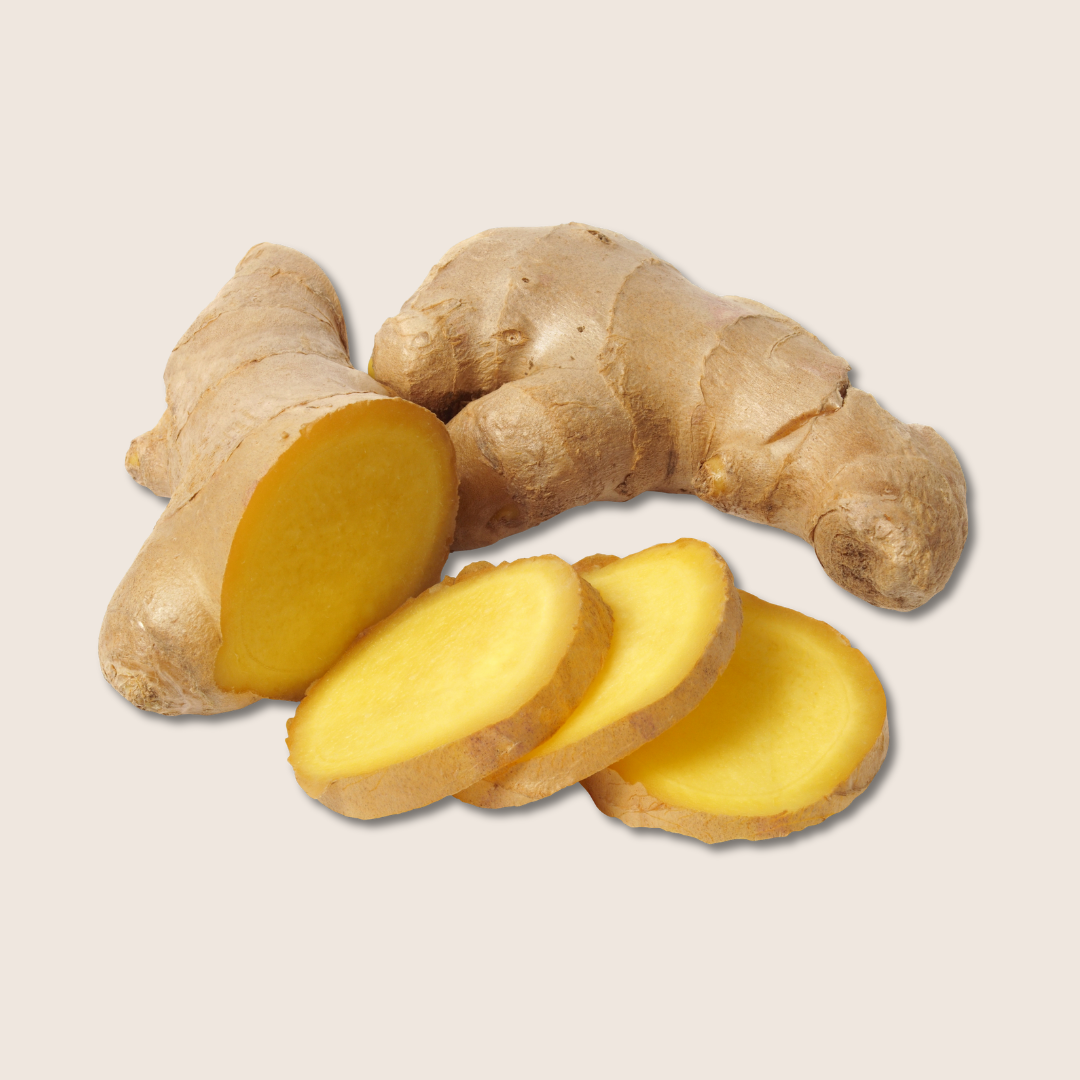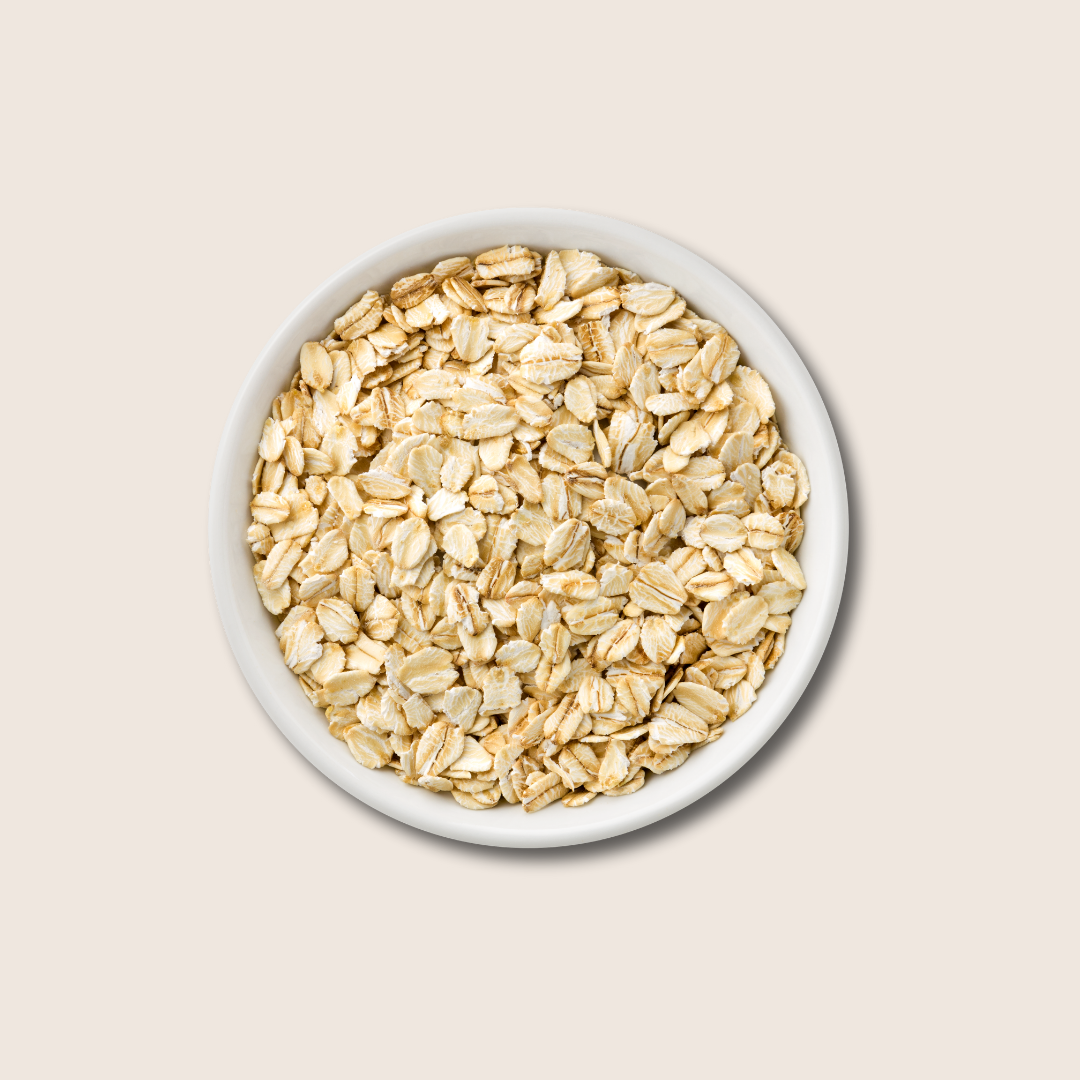Where do they come from?
Sesame is native to the tropical region of East Africa, as well as India and the Middle East. Archaeological evidence suggests that sesame cultivation dates back thousands of years in these regions.What benefits?
> An exceptional source of nutrients
Sesame seeds are rich in essential nutrients.They contain a high amount of vegetable protein (20%), which makes them an excellent addition to your diet, especially if you are vegetarian or vegan. They are also a good source of dietary fiber (16.9%), which helps digestion and contributes to a lasting feeling of satiety.
Sesame seeds are particularly rich in minerals. They are full of calcium (131mg), magnesium (346mg), iron (7.8mg), and zinc (10.2mg).
> Benefits for the heart
If you want to take care of your heart, sesame seeds can be a great ally. They are rich in unsaturated fatty acids, especially oleic acid. In addition, sesame seeds contain lignans, plant compounds with antioxidant and anti-inflammatory properties. These compounds can help protect your heart by reducing inflammation and improving artery health.> Support for skin and hair
Sesame seeds are also beneficial for your skin and hair. Due to their high zinc content, they promote the production of collagen, a protein that is essential for the health of your skin. Zinc also helps repair damaged tissues and maintain youthful, glowing skin.> Weight Management Help
Sesame seeds can also help you maintain a healthy weight. Because they are high in fiber, they promote slow digestion and a feeling of long-lasting satiety, which can help you control your appetite and avoid overeating. Remember, sesame seeds are small but mighty. A small amount is enough to reap their many benefits.
Sources
- National Institutes of Health (NIH). “Sesame Seed Health Benefits.”
- Ciqual. The nutritional values of sesame seeds.





